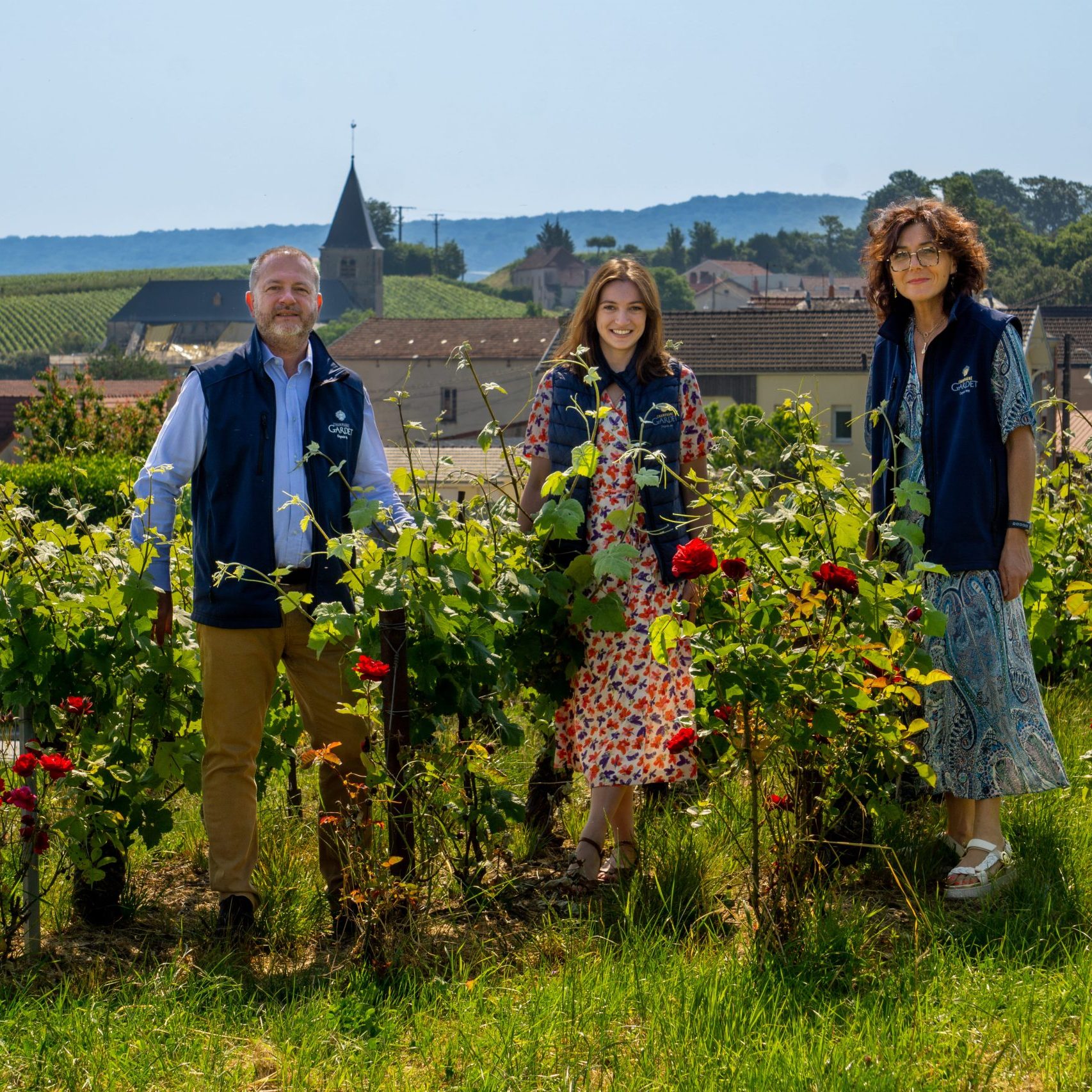California has put ‘winemakers before terroir’
The terroir conversation has taken so long to come to California as the state has chosen to focus on winemakers rather than the land, according to one producer.
Maria Sinskey
Speaking to the drinks business during a recent visit to London, Maria Sinskey of Robert Sinskey Vineyards in the Napa Valley said: “California has traditionally been about the winemaker rather than the terroir.
“I think it’s too soon for the terroir conversation in Napa as a lot of producers are still focused on ripe fruit, wood and tannin management, which has nothing to do with it.
“We still have work to do in getting California’s core producers to think about balance rather than leaving their grapes on the vine until late October. A lot of that is driven by fear – if it isn’t broken, why fix it?
“The so-called ‘New California’ producers are great, but some of them have only been working with their land for one or two years and are talking seriously about terroir – you can’t identify its effects that quickly. If the vineyards are old enough then the terroir will come through if you pull back on the oak and use natural yeast.”
Sinskey’s wines are made with food matching in mind
Sinskey revealed that escalating land prices in the state is forcing young produces to head to lesser-known regions and work with varieties like Roussanne, Chenin Blanc and Trousseau.
Despite being passionate about biodynamics, Robert Sinskey Vineyards has ditched its Demeter certification as it was too expensive to maintain.
The vineyards are still farmed biodynamically however, which, according to Sinskey, brings “a luminosity and vibrancy” to the wines.
Partner Content
“Working biodynamically, you can actually smell the difference in the cellar, it goes from a stinky ferment to a fruity ferment,” Sinskey told db.
“We don’t make big, juicy, ripe Napa reds, our wines end on a savoury note. They are a-typical for California as we have one foot in the Old World,” she added.
The estate produces six different single vineyard Pinot Noirs in standout years. “We do as little as possible with the grapes to let the land speak for itself. You can really taste the difference between the sites,” Sinkskey said.
Having worked as a chef in some of San Francisco’s top restaurants, food pairing is never far from Maria’s mind – the wines are made with food marching in mind.
“Savoury wines need food to with them. Lamb goes particularly well with our Pinots, and, surprisingly, so does Comté cheese,” Sinskey revealed.





“The terroir conversation has taken so long to come to California as the state has chosen to focus on winemakers rather than the land, according to one producer.”
Maybe the reason the terroir conversation has taken so long to come to CA is BECAUSE, not a result of, the focus on winemakers?
Terroir is a nebulous, bullshit concept and it either needs to be defined (no one has been able to do that yet in my mind) or go away.